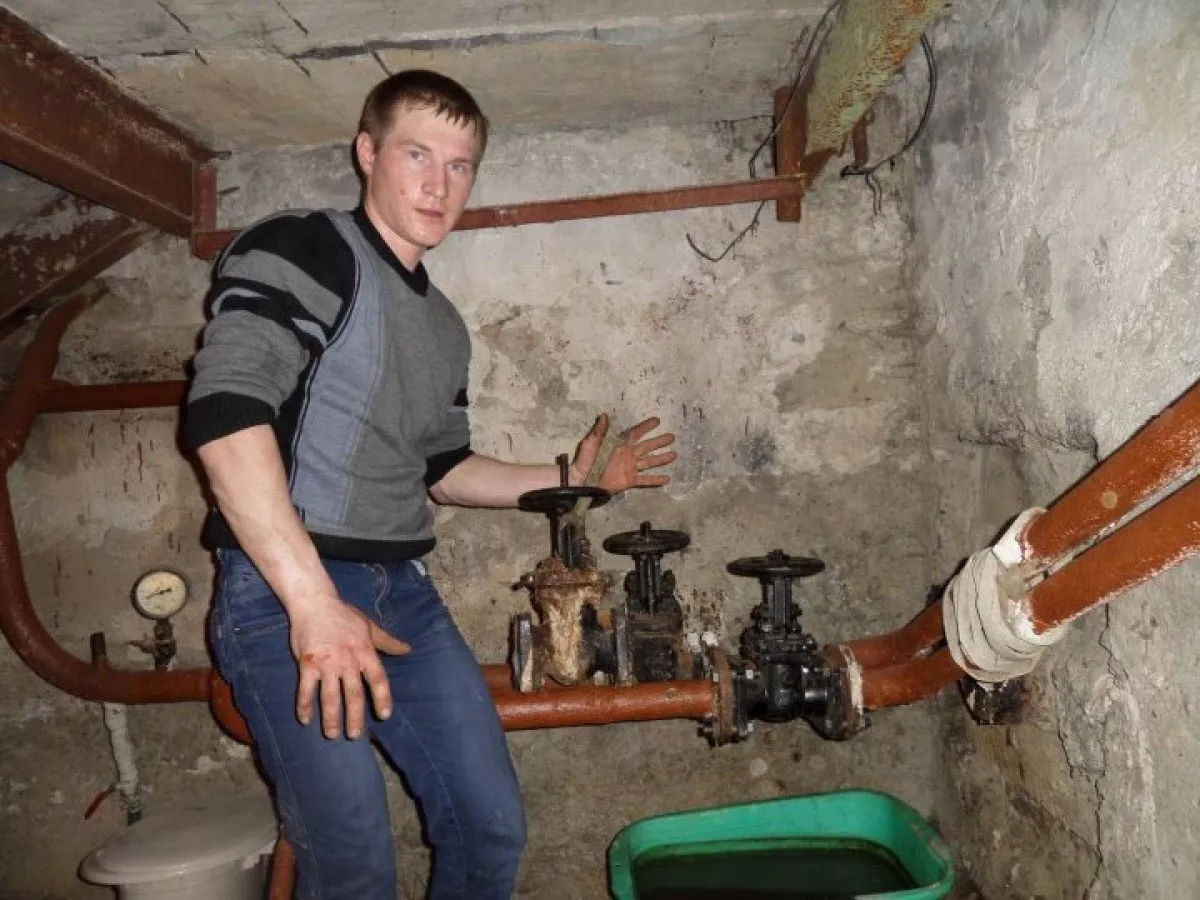Informal payments are increasing during water shutoffs in Tashkent

In many multi-apartment buildings in Tashkent, the practice of collecting informal payments for temporarily shutting off water supply networks has developed and is widely used. This was reported by Upl.uz.
This issue has become a topic of broad public discussion, with the capital's residents trying to determine the legality of these actions. Sanitary technicians from management companies demanding service fees to carry out planned repair work have sparked various debates among the population.
The payment amounts reported by city residents usually range from 50,000 to 200,000 soums, even though this simple procedure takes only a few minutes. Discussions on social networks and local forums show two opposing opinions.
The first group considers informal payments illegal. According to them, communal payments for maintaining common property, including water pipes in basements, have already been transferred to the management company.
Therefore, the working sanitary technicians should not demand additional fees to perform their duties. The second group accepts such payments as existing norms in practice.
They believe that payment for shutting off water is especially necessary when repair work is carried out by a specialist not affiliated with the management company. If the apartment owner calls the management company's sanitary technician, the water shutoff service is usually provided free of charge.
However, when an external specialist is involved, official sanitary technicians consider water shutoff a separate paid service. The main problem raised by many in the discussions is the lack of transparency in financial transactions.
Often, payment for the service is given directly to the sanitary technician without a receipt and is not processed through the management company's cash desk. This leads to a significant amount of funds entering the black market and deprives residents of the opportunity to assess the service cost or quality.
Demanding official payment often causes the worker to refuse to perform the job, which puts the apartment owner in a difficult situation. From a legal standpoint, this issue has not yet been regulated.
Current housing legislation prohibits residents from independently accessing basement rooms and performing work related to common engineering networks, as this falls under the authority of the management company. At the same time, there are no clear legal rules regarding whether the water shutoff service is paid or free and what tariffs apply.
This legal uncertainty leads to the emergence of informal relations, where interactions between residents and communal service employees are regulated not by law but by personal agreements. Intervention by the relevant authorities is necessary to regulate this situation.
The Ministry of Construction and Housing and Communal Services should officially clarify the issue and establish uniform rules for all participants. This will help determine whether the water shutoff service is part of the standard service package or a separate paid service.
Many multi-apartment buildings constructed during the Soviet era, especially in Tashkent, have water supply systems designed so that there is no individual water shutoff valve in each apartment. Therefore, any repair work requires shutting off the entire water network, which affects the interests of all neighbors vertically.

